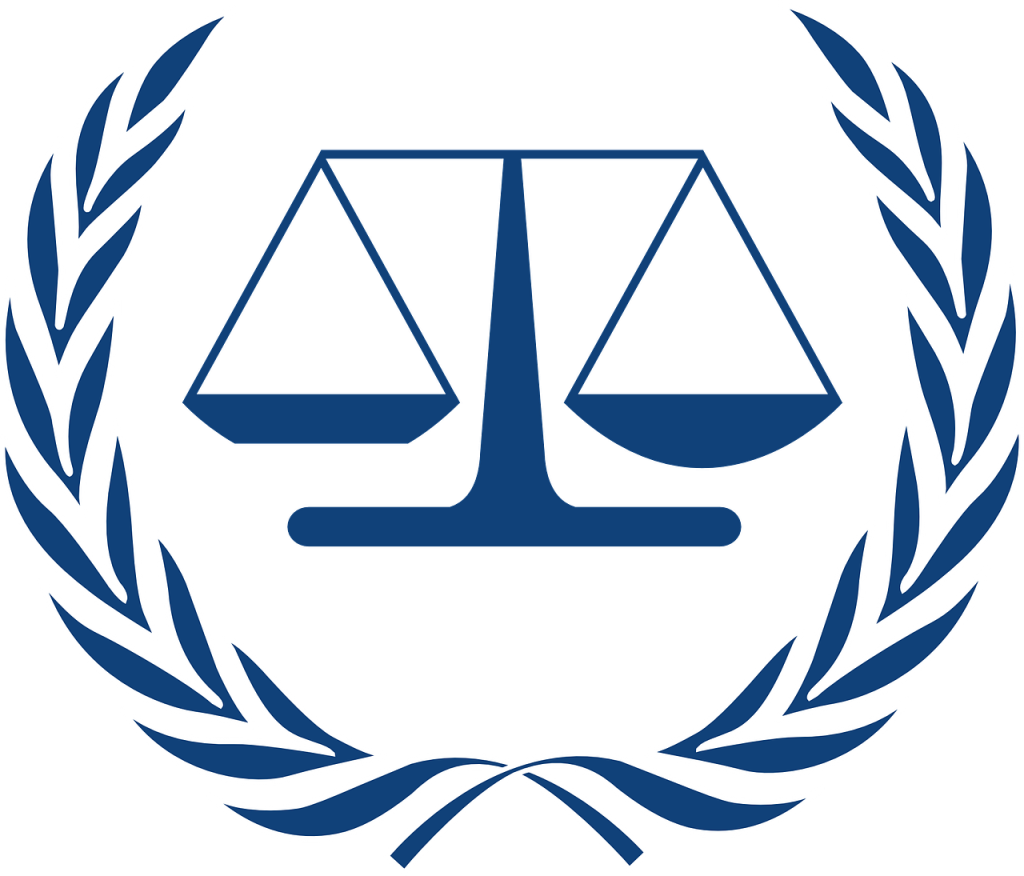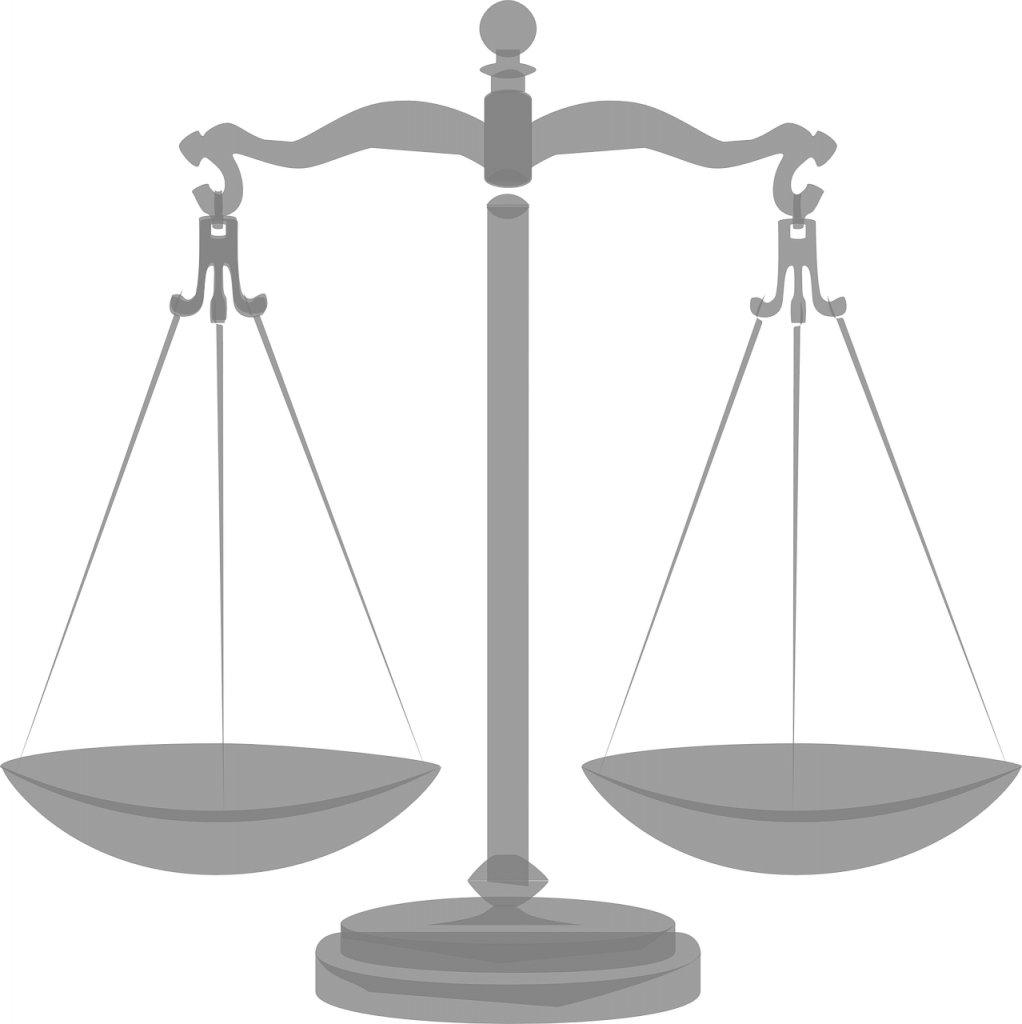If you find yourself in a predicament where a business contract has been breached, you may be feeling overwhelmed and unsure of what steps to take next. Don’t worry, you’re not alone. In this article, we will guide you through the process of enforcing a business contract, addressing common legal concerns and providing reassurance along the way. We understand that this can be a stressful time, but with the right information and guidance, you can take the necessary steps to protect your rights and seek the assistance you need. So, let’s dive into the world of contract enforcement and ensure that you are equipped with the knowledge to navigate this challenging situation.

Understanding the Importance of Enforcing Business Contracts
As a business owner, you know how essential contracts are for ensuring mutual understanding and protecting your interests. However, simply signing a contract is not enough to guarantee compliance. It is crucial to understand the importance of enforcing business contracts to ensure that all parties involved fulfill their obligations and uphold the terms of the agreement.
Seeking Legal Advice
When to Consult with an Attorney
When it comes to enforcing business contracts, seeking legal advice is a wise decision. While not all contract disputes require legal intervention, consulting with an attorney is recommended in certain situations. If you are facing a complex contract dispute, have concerns about potential breaches, or are unsure about your rights and legal options, it is best to seek professional guidance. An experienced business attorney can provide the expertise and support necessary to navigate through the legal complexities and ensure the best outcome for your business.
Choosing the Right Attorney
Choosing the right attorney is crucial for successfully enforcing your business contract. Look for attorneys who specialize in business law and have extensive experience in contract disputes. Research their background, read client reviews, and consider their track record in handling similar cases. It is important to find an attorney who not only has the necessary legal expertise but also understands your specific industry and business needs. A strong attorney-client relationship built on trust and open communication is vital for effectively enforcing your business contract.
Reviewing the Contract Terms
Before pursuing any legal action, it is essential to thoroughly review the contract terms to ensure a clear understanding of your rights and obligations.
Understanding the Contractual Obligations
Carefully go through each provision of the contract to grasp the full extent of your obligations and those of the other party involved. Ensure that there are no ambiguities or uncertainties regarding the terms of the agreement. Understanding your obligations will help you assess whether the other party has fulfilled their part of the contract and if there have been any breaches.
Identifying Potential Breaches
When reviewing the contract terms, pay close attention to any potential breaches by the other party. Look for clauses that outline specific actions or deadlines that may have been violated. It is crucial to gather evidence of these breaches to strengthen your case during the enforcement process.
Examining Remedies and Damages
In your contract, there should be provisions that outline the available remedies and damages in case of a breach. Familiarize yourself with these provisions to understand the potential legal actions or compensation that may be pursued. This knowledge will help you determine the best course of action when enforcing your business contract.
Documenting All Communication
Maintaining a record of all communication related to the contract is vital for successfully enforcing your business contract. These records can serve as evidence and provide a clear timeline of events.
Maintaining a Record of Communication
Keep a detailed record of all communication with the other party, including emails, letters, and meeting minutes. Make sure to document any discussions or negotiations that took place regarding the contract. These records will be crucial in establishing a history of the contract relationship and any attempts made to resolve disputes.
Confirming Oral Agreements in Writing
While oral agreements may hold some weight, it is always best to confirm them in writing. Whenever you reach an agreement with the other party during the course of the contract, follow it up with a written confirmation. This practice ensures that both parties are on the same page and helps prevent misunderstandings or disputes regarding the agreed-upon terms.
Negotiating with the Other Party
Before initiating any legal proceedings, consider engaging in negotiations with the other party. A well-negotiated settlement can save significant time, money, and resources.
Building a Strong Case
To negotiate from a position of strength, it is crucial to build a strong case first. Compile all the evidence of potential breaches, damages, and other violations of the contract terms. Organize this evidence in a clear and concise manner to present the strongest possible argument during negotiations. Having a solid case will demonstrate your commitment to enforcing the contract and encourage the other party to engage in meaningful discussions.
Exploring Potential Settlements
During negotiations, explore potential settlements that can resolve the dispute without the need for further legal action. This could involve modifying the existing contract terms, providing compensation for damages, or finding alternative ways to fulfill the contractual obligations. Being open to reasonable compromises can lead to a mutually beneficial resolution and preserve the business relationship with the other party.
Sending a Demand Letter
If negotiations fail or the other party refuses to adhere to the contract terms, it may be necessary to send a demand letter. This letter serves as a formal notice to the other party, urging them to comply with their contractual obligations.
Crafting an Effective Demand Letter
When crafting a demand letter, ensure that it clearly states the issues at hand, the desired outcome, and a reasonable deadline for compliance. It is important to maintain a professional and assertive tone while outlining the contractual breaches and the consequences of non-compliance. A well-crafted demand letter can prompt the other party to take the matter seriously and initiate the necessary steps to resolve the dispute.
Ensuring Compliance with Legal Requirements
When sending a demand letter, it is crucial to comply with any legal requirements specific to your jurisdiction. Familiarize yourself with the laws and regulations governing demand letters to avoid any procedural errors that might weaken your position. Consulting with an attorney can help ensure that your demand letter meets all legal requirements and increases the chances of a favorable response.

Initiating Legal Proceedings
If all attempts to resolve the contract dispute fail, initiating legal proceedings may be necessary to enforce the business contract.
Filing a Lawsuit
To initiate legal proceedings, you will need to file a lawsuit against the other party. Consult with your attorney to ensure that you meet all the requirements and deadlines for filing a lawsuit in your jurisdiction. Remember to compile all the necessary evidence and documentation to support your case during the litigation process.
Preparing Evidence and Witnesses
Preparing strong evidence and identifying relevant witnesses is crucial for a successful lawsuit. Gather all the documentation and records related to the contract, including communications, contracts, invoices, and any other relevant materials. Identify witnesses who can provide firsthand accounts or expert testimony to support your claims. Work closely with your attorney to ensure that the evidence presented is admissible in court and effectively portrays the other party’s breach of contract.
Understanding the Court Process
Understanding the court process is essential for navigating the legal proceedings smoothly. Familiarize yourself with the key stages of the litigation process, including the discovery phase, pre-trial conferences, and the trial itself. Your attorney will guide you through each step, ensuring that you adhere to all deadlines and requirements. Remember to remain patient and flexible, as legal proceedings can sometimes take longer than anticipated.
Navigating Alternative Dispute Resolution Methods
While litigation is often necessary to enforce a business contract, alternative dispute resolution methods can provide a quicker and more cost-effective solution.
Exploring Mediation
Mediation involves a third-party mediator who assists in facilitating negotiations between the parties. The mediator helps the parties find common ground and reach a mutually acceptable resolution. Mediation is less formal and adversarial than litigation, allowing for more flexibility and creative problem-solving. It can be an effective way to resolve contract disputes while preserving the business relationship, especially when ongoing collaboration is desired.
Considering Arbitration
Arbitration is another alternative dispute resolution method that offers a more formal process than mediation. In arbitration, a neutral third party, known as an arbitrator, evaluates the dispute and makes a final, binding decision. Unlike litigation, arbitration can be more streamlined and less time-consuming. However, it is essential to carefully review any arbitration clauses in the contract to determine if it is a mandatory or voluntary process and assess its suitability for your specific situation.

Enforcing a Court Judgment
If you successfully obtain a court judgment in your favor, the next step is to enforce it and ensure that the other party complies with the court’s decision.
Collecting on a Judgment
Collecting on a judgment involves pursuing the compensation or remedies awarded by the court. This can include monetary damages or specific performance, depending on the terms of the judgment. Work closely with your attorney to explore various strategies for collecting on the judgment, such as garnishing wages, executing liens, or seizing assets. Each strategy will depend on the specific circumstances and assets of the party who breached the contract.
Pursuing Execution of Assets
In some cases, the other party may fail to comply with the judgment voluntarily. In such situations, it may be necessary to pursue the execution of assets. This involves legally seizing or selling the other party’s assets to satisfy the judgment. This process can be complex and requires careful coordination with your attorney to ensure compliance with the applicable laws and procedures.
Conclusion
Enforcing a business contract is essential for maintaining the integrity of business transactions and protecting your rights and interests. By seeking legal advice, reviewing contract terms, documenting all communication, negotiating effectively, and pursuing legal action when necessary, you can assert your contractual rights and ensure that all parties honor their obligations. While the process can be complex and challenging, working closely with an experienced business attorney will provide you with the guidance and support needed to enforce your business contracts successfully. Remember, each case is unique, so consult with an attorney to tailor the enforcement strategy to your specific circumstances.


